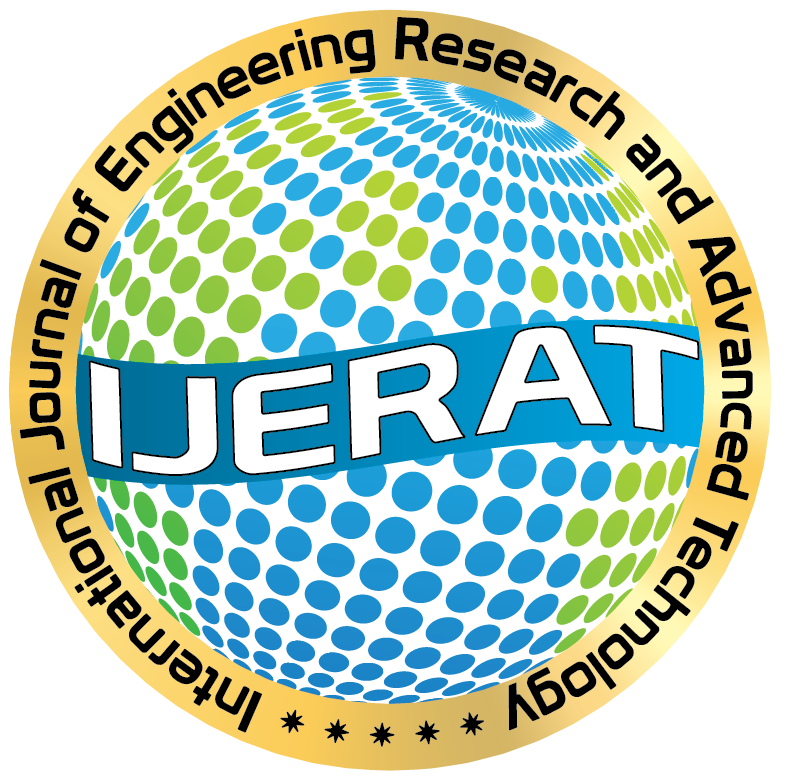Reduction of Cycle Time in Vehicle Engine Assembly Line Using Karakuri Kaizen
DOI:
https://doi.org/10.31695/IJERAT.2020.3657Keywords:
Cycle Time, Non-Value Added Activity, Process Activity, Mapping, Karakuri Kaizen, Vehicle Engine.Abstract
Just In Time (JIT) based automotive manufacturing companies use the takt time and cycle time as indicators of their manufacturing performance. This study explores the vehicle engine assembly line for Station 2 Cylinder Block Products, which has a cycle time of 184 seconds, while the company targets a 180 second for takt time. Though ideally, the cycle time should not exceed the takt time. This research aims to identify the Non-Value Added (NVA) activities in Station 2 and minimize them with Karakuri Kaizen. The results of the Process Activity Mapping (PAM) show that Station 2 Cylinder Block has 16 Value Added (VA) activities, 19 Necessary Non-Value Added (NNVA) activities, and 7 Non-Value Added (NVA) activities with a manufacturing cycle effectiveness (MCE) 78%. Based on the activity mapping, the researchers find the primary causes and designed a proposed improvement using the Karakuri Kaizen method to reduce two NVA activities. The company can speed up the cycle time at Station 2 Cylinder Block to 180 seconds and the MCE to 80% by implementing Karakuri Kaizen.
References
Gaikindo. (2020). Gaikindo Production Data 2019. Available from: https://www.gaikindo.or.id/indonesian-automobile-industry-data.
Monden, Y. (2011). Toyota Production System: An Integrated Approach to Just-in-Time. CRC Press.
Loyd, N., G. Harris, S. Gholston, & D. Berkowitz. (2020). Development of a Lean Assessment Tool and Measuring the Effect of Culture from Employee Perception. Journal of Manufacturing Technology Management. https://doi.org/10.1108/JMTM-10-2019-0375
Imai, M. (1997). Gemba Kaizen: A Commonsense, Low-Cost Approach to Management. New York: McGraw-Hill. XXX.
Amrina, U. and T.Y.M. Zagloel. (2019). The Harmonious Strategy of Lean and Green Production: Future Opportunities to Achieve Sustainable Productivity and Quality. Paper presented at the 2019 IEEE 6th International Conference on Industrial Engineering and Applications (ICIEA).
García-Alcaraz, J.L., A.A. Maldonado-Macías, & G. Cortes-Robles. (2014). Lean Manufacturing in the Developing World. Springer.
Ramadan, M., B. Salah, M. Othman, & A.A. Ayubali. (2020). Industry 4.0-Based Real-Time Scheduling and Dispatching in Lean Manufacturing Systems. Sustainability, 12(6), 2272. https://doi.org/10.3390/su12062272
Ikatrinasari, Z.F., S. Hasibuan, & K. Kosasih. (2018). The Implementation Lean and Green Manufacturing through Sustainable Value Stream Mapping. Paper presented at the IOP Conference Series: Materials Science and Engineering.
Amrina, U. and M.U.R. Fitrahaj. (2020). An Application of Value Stream Mapping to Reduce Waste in Livestock Vitamin Raw Material Warehouse. International Journal of Science and Research 9(3).
Hines, P., M. Holweg, & N. Rich. (2004). Learning to Evolve: A Review of Contemporary Lean Thinking. International Journal of Operations & Production Management, 24(10), 994-1011. https://doi.org/10.1108/01443570410558049
Putri, NT and L.S. Dona. (2019). Application of Lean Manufacturing Concept for Redesigning Facilities Layout in Indonesian Home-Food Industry. The TQM Journal. https://doi.org/10.1108/TQM-02-2019-0033
Parmenter, D. (2015). Appendix E: Performance Measures Database, in Key Performance Indicators: Developing, Implementing, and Using Winning KPIs, Third Edition. John Wiley & Sons, Inc: Hoboken, NJ, USA. p. 349-397.
Hariastuti, N. and D. Saputra. (2019). Implementation of Waste Reduction at Operational Division with Lean Manufacturing Concept. Paper presented at the IOP Conference Series: Materials Science and Engineering.
Nandakumar, N., P. Saleeshya, & P. Harikumar. (2020). Bottleneck Identification and Process Improvement by Lean Six Sigma Dmaic Methodology. Materials Today: Proceedings, 24, 1217-1224.
Kholil, M., B. Hanum, & I. Almahdy. (2020). Finishing Line Evaluation of Bracket Product Fwd Rr Spring Bt 1702 by Applying 8 Steps 7 Tools Method Toyota Production (Case Study: Pt Ba). Paper presented at the Journal of Physics: Conference Series.
Singh, J. and H. Singh. (2009). Kaizen Philosophy: A Review of Literature. IUP journal of operations management, 8(2), 51-72.
Vo, B., E. Kongar, & MFS. Barraza. (2019). Kaizen Event Approach: A Case Study in the Packaging Industry. International Journal of Productivity and Performance Management. https://doi.org/10.1108/IJPPM-07-2018-0282
Belhadi, A., F.E. Touriki, & S. El Fezazi. (2018). Lean Implementation in Small and Medium‐Sized Enterprises in Less Developed Countries: Some Empirical Evidences from North Africa. Journal of Small Business Management, 56, 132-153. https://doi.org/10.1108/JEDT-08-2017-0083
Kumar, S., A. Dhingra, & B. Singh. (2018). Lean-Kaizen Implementation. Journal of Engineering, Design and Technology.
Bhanu, M.V. and P.B.S. Kumar. (2018). Global Study and Implementation of Karakuri.
Tangl, A. and I. Vajna. The Result of Lean Productivity Development Combined with Karakuri Kaizen Method. Paper presented at the ICoM 2018 8th International Conference On Management.
Murata, K. and H. Katayama. (2010). Development of Kaizen Case-Base for Effective Technology Transfer–a Case of Visual Management Technology. International Journal of Production Research, 48(16), 4901-4917.
Kurokawa, K. (2001). Kisho Kurokawa Architects and Associates: The Philosophy of Symbiosis from the Age of the Machine to the Age of Life. Edizioni Press.
Shamsudin, E., SAAZM Darus, P.S.A. Shah, P. Behrang, MRMH bin Raja, & Z. Abidin. (2019). Implement Karakuri as a Material Handling in Production Sealer Line, in Green Technology and Engineering Seminar.
Downloads
Published
Issue
Section
License
Copyright (c) 2020 Alur Pogowonto, Uly Amrina

This work is licensed under a Creative Commons Attribution 4.0 International License.









